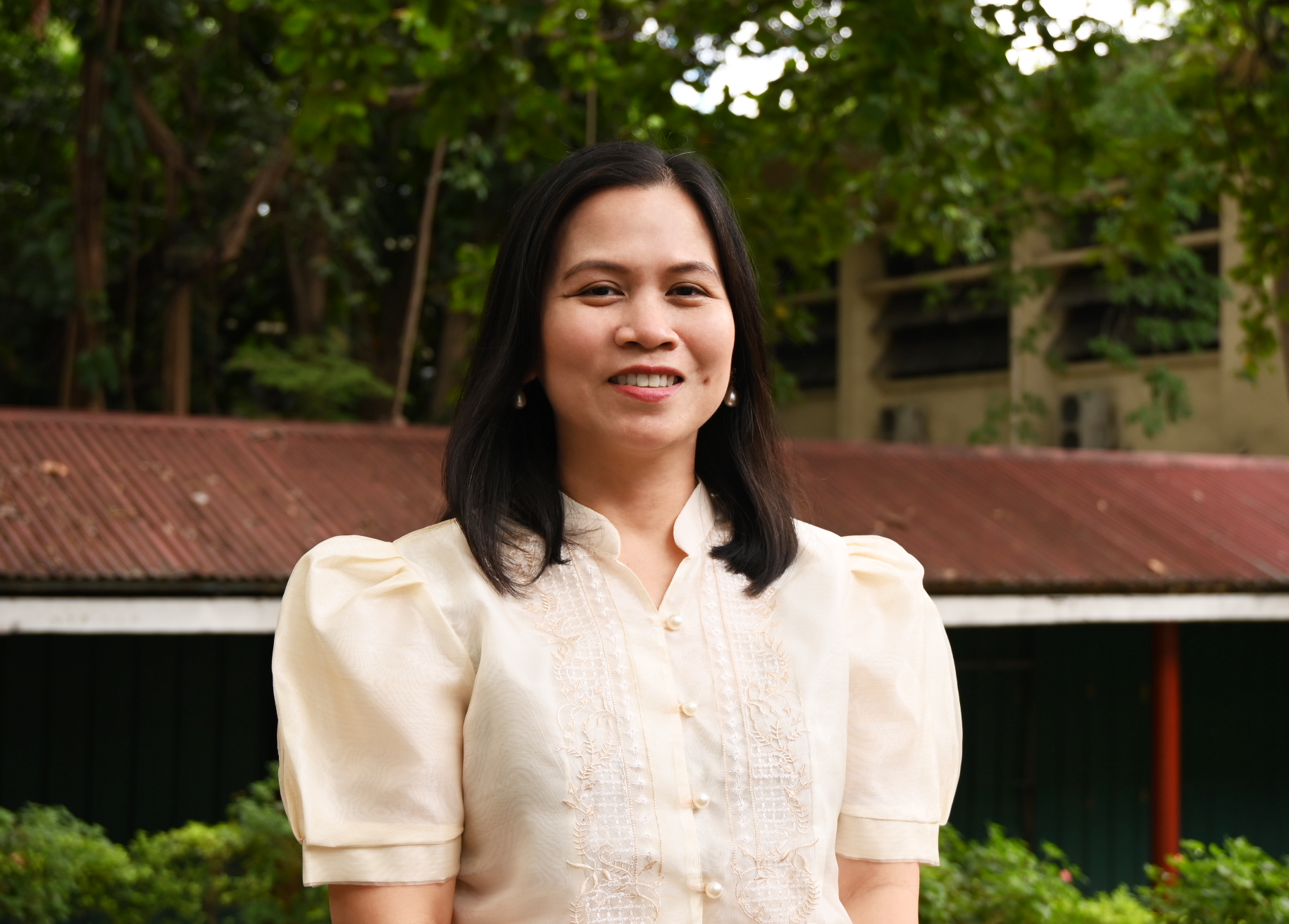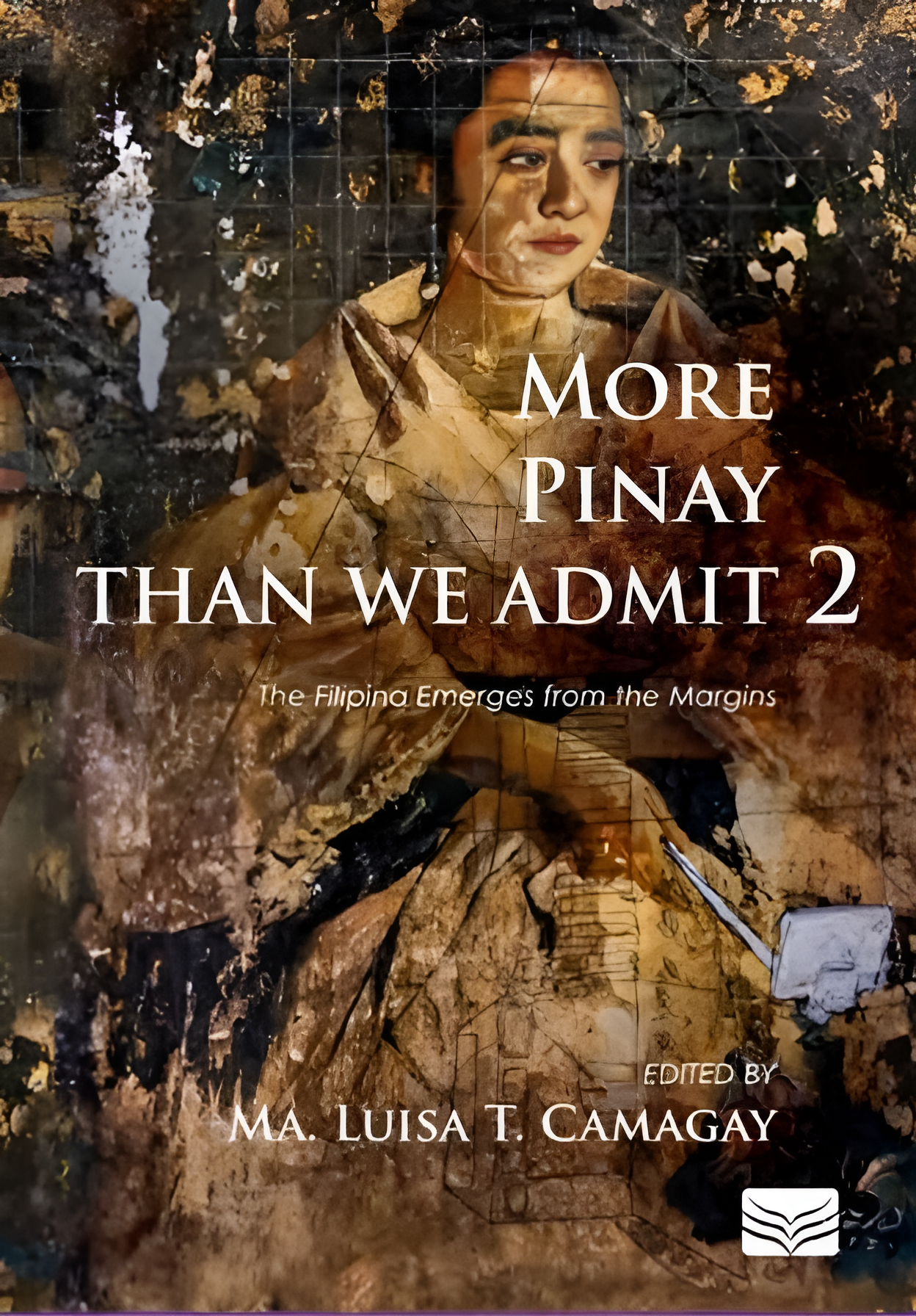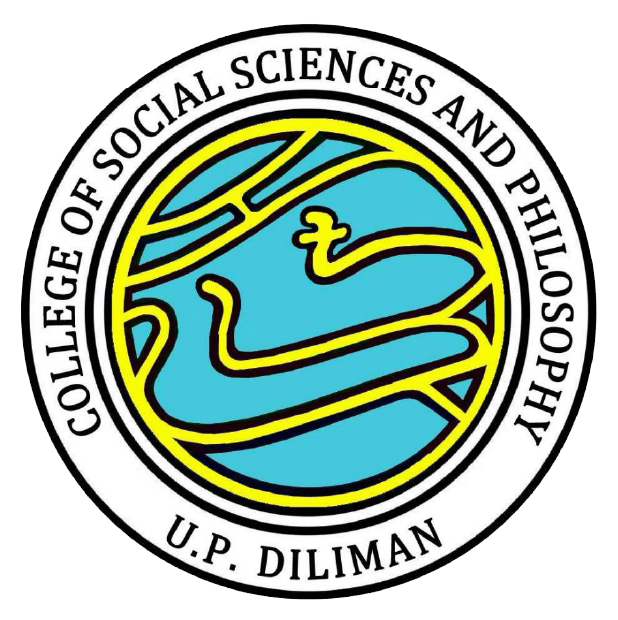Road to Political Empowerment: Women’s Organizations and the Fight for Suffrage (1905-1937)
More Pinay Than We Admit 2: The Filipinas Emerges from the Margins
The early 20th century saw a significant shift in the lives of Filipino women. The transition from Spanish to American colonial rule altered women's social and political roles, providing them with better opportunities. Suffragist and historian Encarnacion Alzona (1934) attributed this to the American regime's educational policy, which resulted in women's "complete emancipation, political and civil." Certainly, American colonial policy provided women with a voice in the public sphere, as well as opportunities to lead, particularly in education and civic work (Roces, 2001). But while there were significant changes in women's rights during this period, patriarchal values persisted, posing a challenge to women, particularly in their fight for suffrage.
The struggle for women’s suffrage was one of the most crucial battles that women faced in the early 20th century. Women gradually made their way into politics, despite opposition from various conservative groups. They began by expanding their roles as mothers through community service. They established socio-civic groups, which made a significant impact on their struggle for political engagement.
This paper attempts to highlight the contribution of women’s organizations in the quest for women’s suffrage which will be granted to Filipino women by 1937. Transitioning from the Spanish colonial tradition that confined women at home and church, the 20th century created a more liberal atmosphere that allowed them to extend their important roles in the public and political spheres. Initiated by influential women with family and social connections, this study examines the political involvement of women, which began with their socio-civic activities and culminated with the granting of women suffrage in 1937.
The struggle for women’s suffrage was one of the most crucial battles that women faced in the early 20th century. Women gradually made their way into politics, despite opposition from various conservative groups. They began by expanding their roles as mothers through community service. They established socio-civic groups, which made a significant impact on their struggle for political engagement.
This paper attempts to highlight the contribution of women’s organizations in the quest for women’s suffrage which will be granted to Filipino women by 1937. Transitioning from the Spanish colonial tradition that confined women at home and church, the 20th century created a more liberal atmosphere that allowed them to extend their important roles in the public and political spheres. Initiated by influential women with family and social connections, this study examines the political involvement of women, which began with their socio-civic activities and culminated with the granting of women suffrage in 1937.
Faculty Involved:

Janet S. Reguindin-Estella, Ph.D.
Assistant Professor
Focus: Life history, women’s history, and local and environmental history of Zambales



